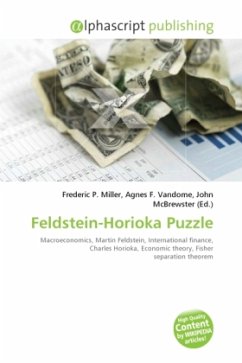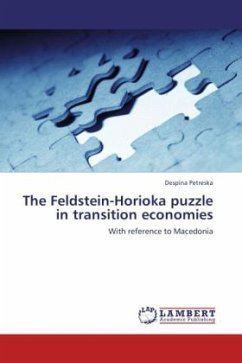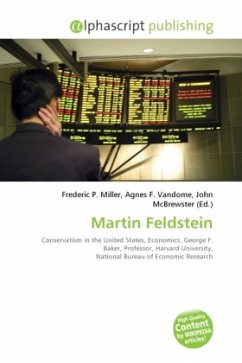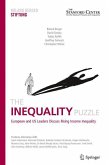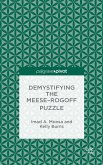High Quality Content by WIKIPEDIA articles! The Feldstein-Horioka puzzle is a widely-discussed problem in macroeconomics and international finance, first documented by Martin Feldstein and Charles Horioka in an 1980 paper. According to economic theory, if we assume that investors that are able to easily invest anywhere in the world, they invest in countries that offer the highest return per unit of investment. Which would drive up the price until the return per unit of investment across different countries is similar. If we believe this is true than statistical data would show that relationship savings and investment within a single country would be uncorrelated, however the data gives evidence of the exact opposite. The discussion stems from the economic theory that capital flows act to equalize marginal product of capital across nations. In other words, money will flow from lower to higher marginal products until the increased investment lowers the return to the level of the rest of the world.
Bitte wählen Sie Ihr Anliegen aus.
Rechnungen
Retourenschein anfordern
Bestellstatus
Storno

